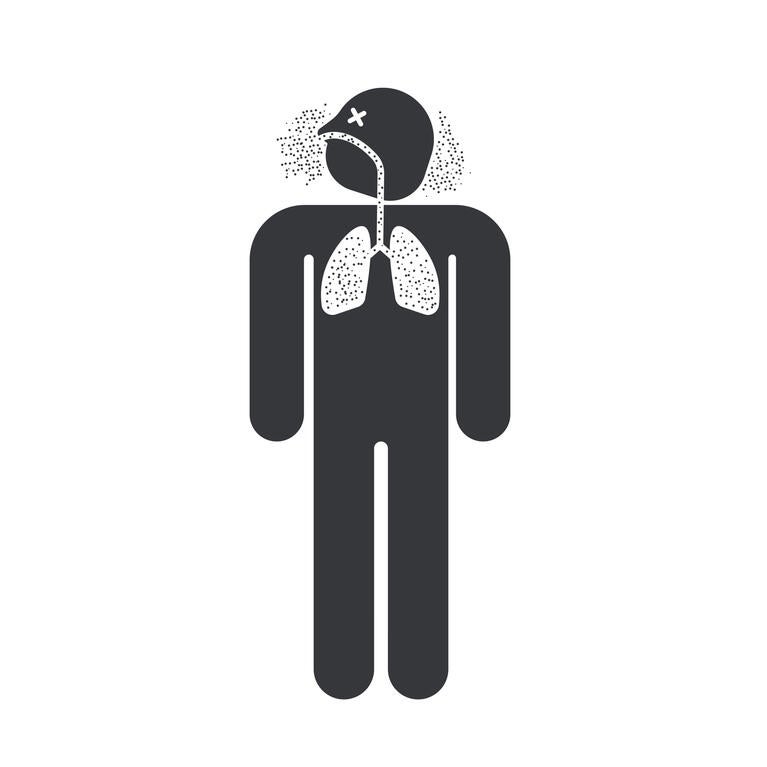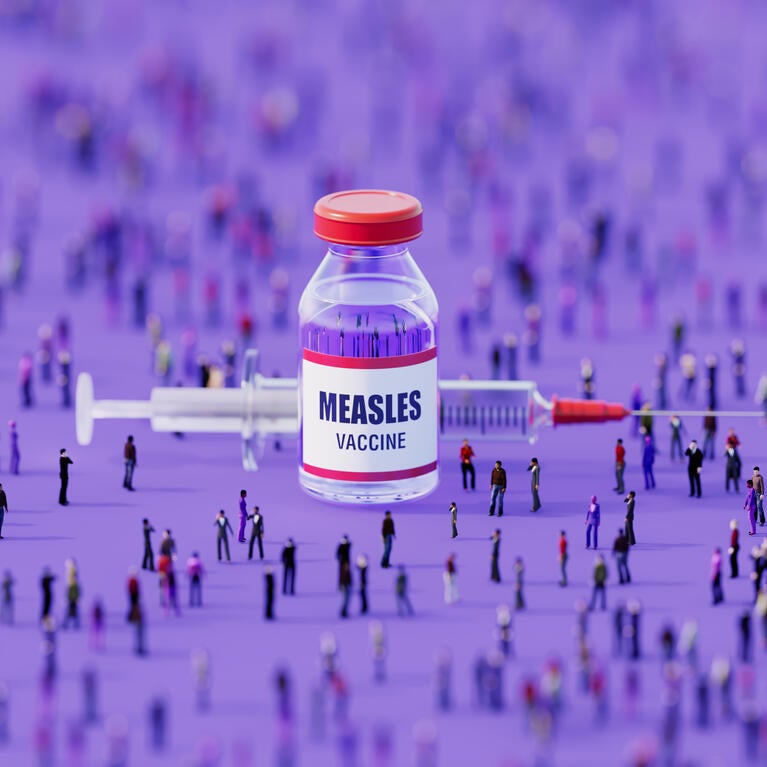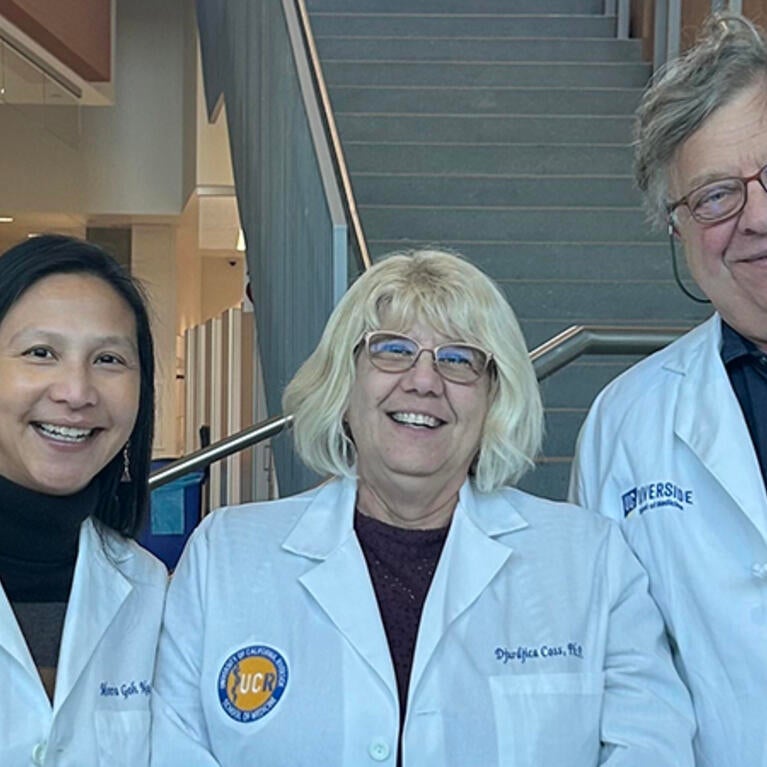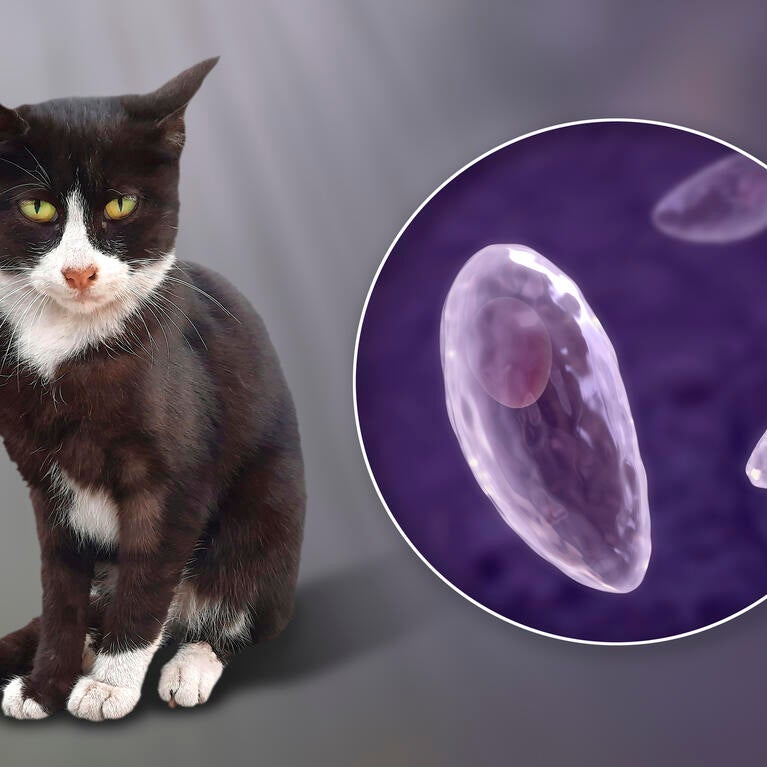
Scientists find hidden diversity inside common brain parasite
UC Riverside study reshapes understanding of toxoplasmosis and identifies new paths for treatment
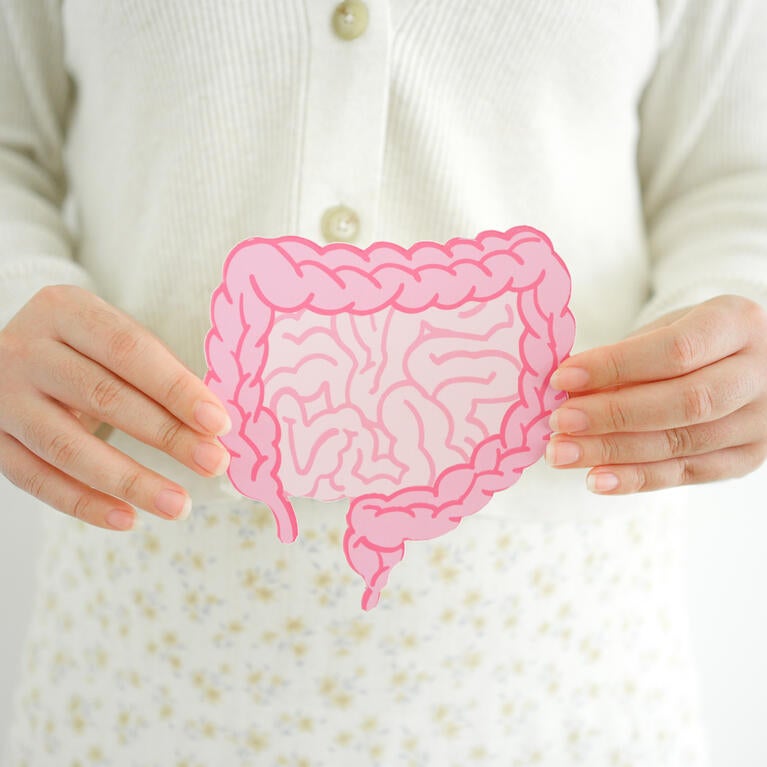
How a single gene shapes gut health and IBD risk
UC Riverside studies reveal PTPN2’s role in keeping harmful bacteria in check and preventing inflammation

Fathers’ microplastic exposure tied to their children’s metabolic problems
UC Riverside-led mouse study finds microplastics affect male and female offspring differently
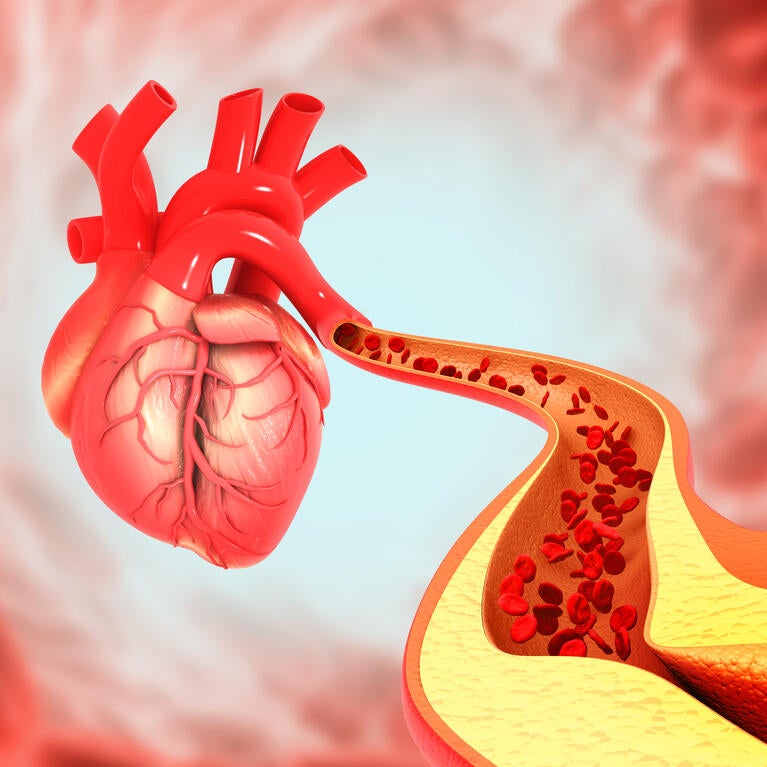
Scientists identify small RNA molecule that regulates cholesterol and heart disease
Discovery points to new “upstream” drug targets for preventing atherosclerosis
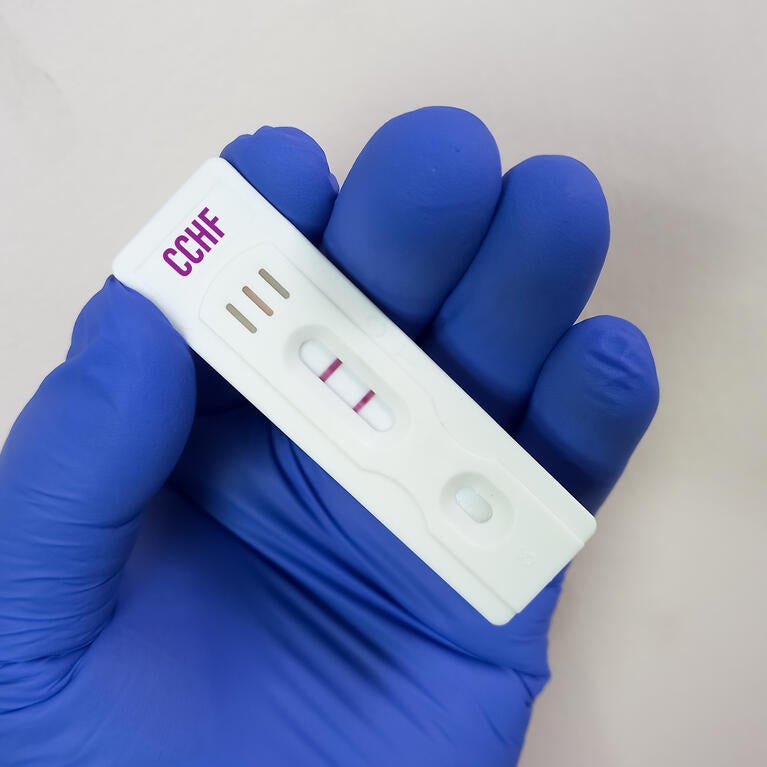
A fast, lasting defense against a deadly virus
Scientists create a vaccine that shields against Crimean-Congo hemorrhagic fever within days and protects for over a year

Microplastics hit male arteries hard
UC Riverside-led mouse study finds link between microplastic exposure and atherosclerosis
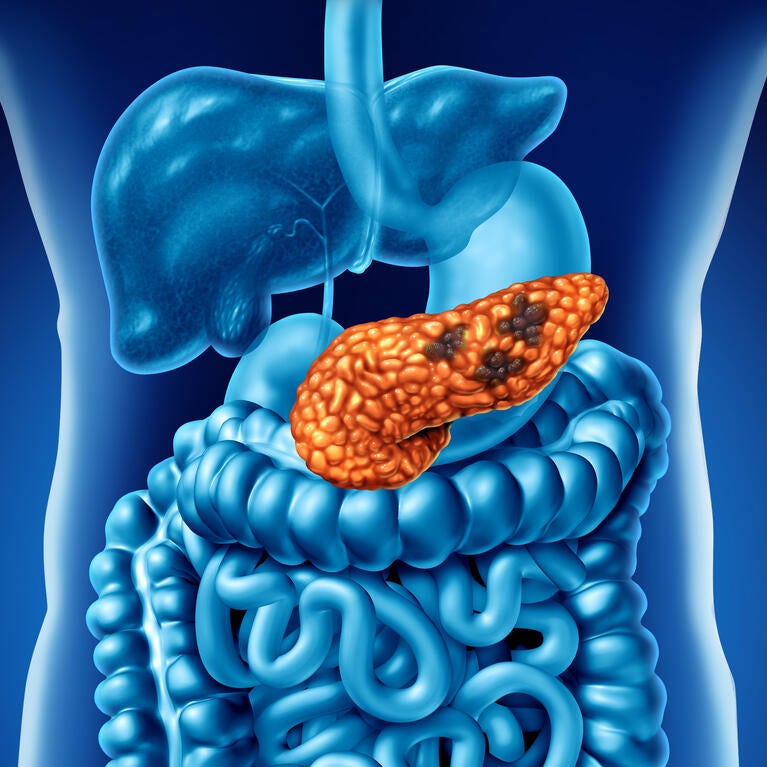
Scientists move closer to better pancreatic cancer treatments
Collaboration between UC Riverside and City of Hope aims to eliminate cancer-causing proteins
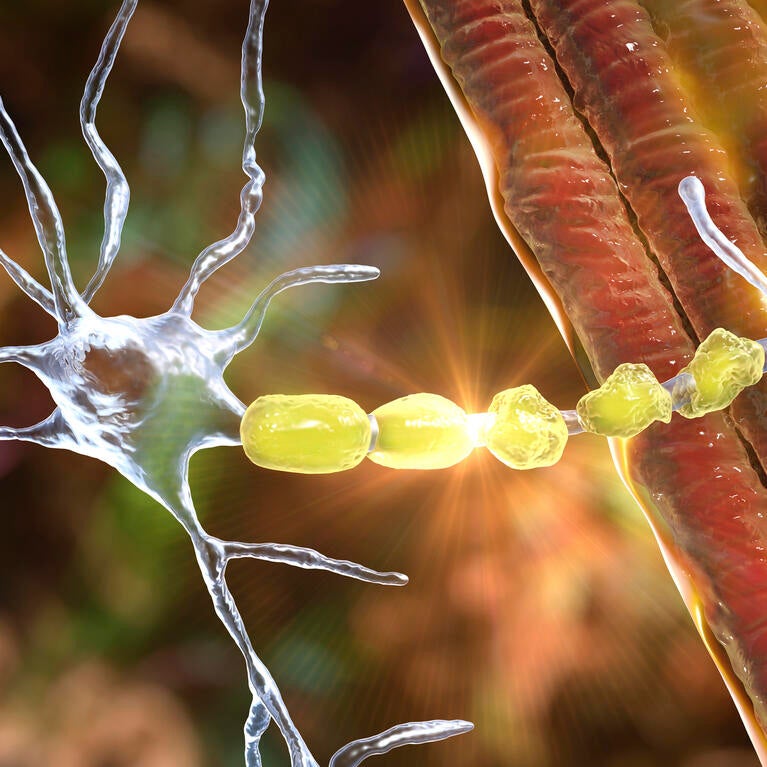
How brain myelin damage could lead to seizures in MS
Study may explain why some people living with multiple sclerosis experience epileptic seizures
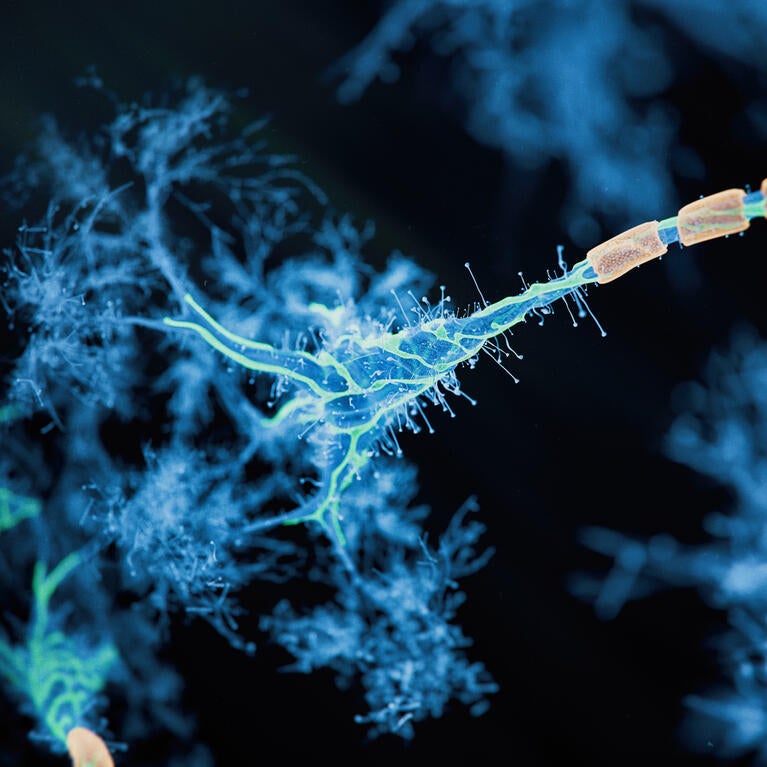
New hope for MS
Scientists identify two compounds that could benefit people living with multiple sclerosis
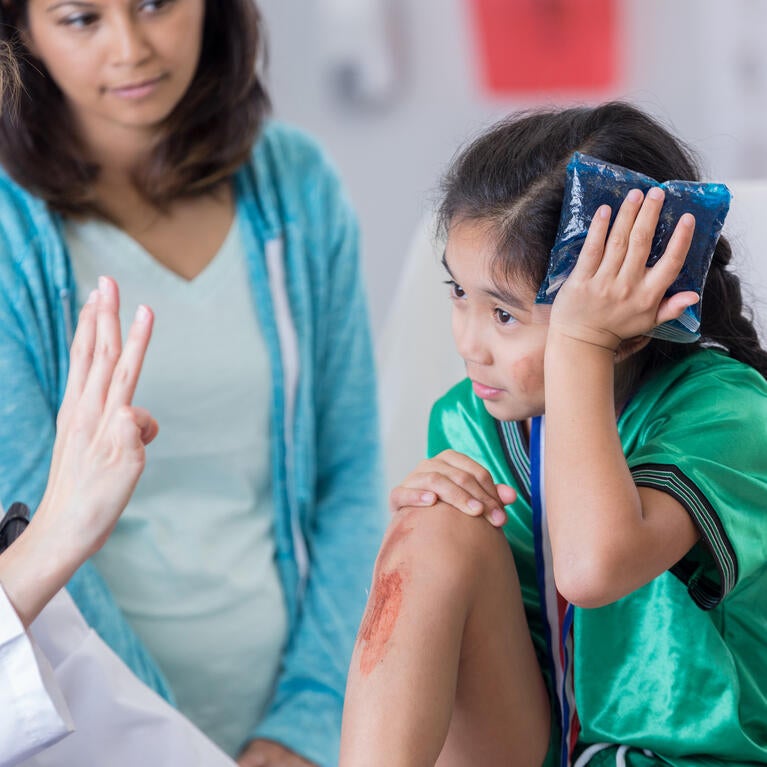
Childhood concussions may trigger long-term brain changes
Researchers call for extended care and monitoring after pediatric head injuries
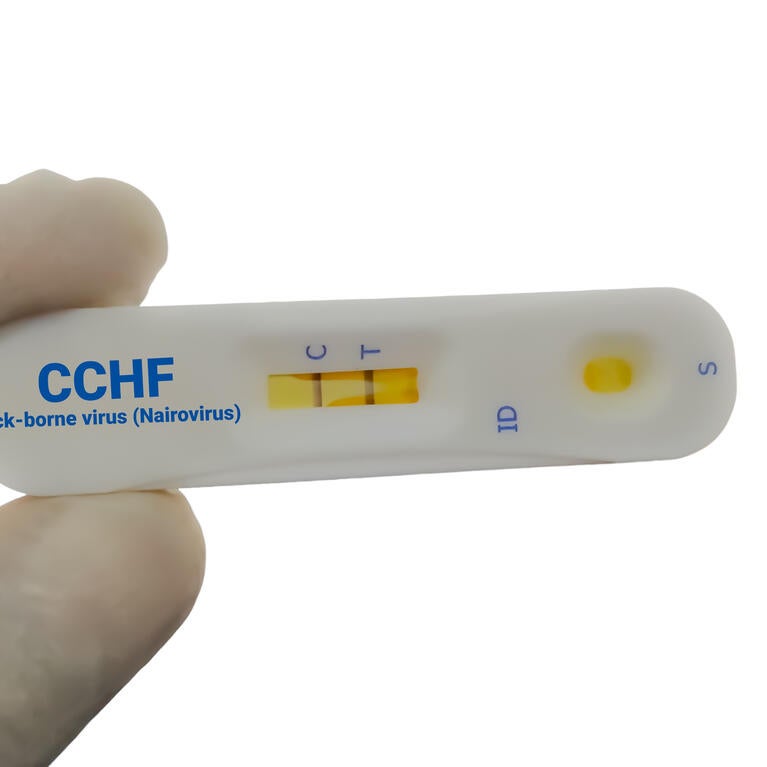
NIH grant supports research on dangerous emerging virus
International team to study immune defenses against Crimean-Congo hemorrhagic fever virus
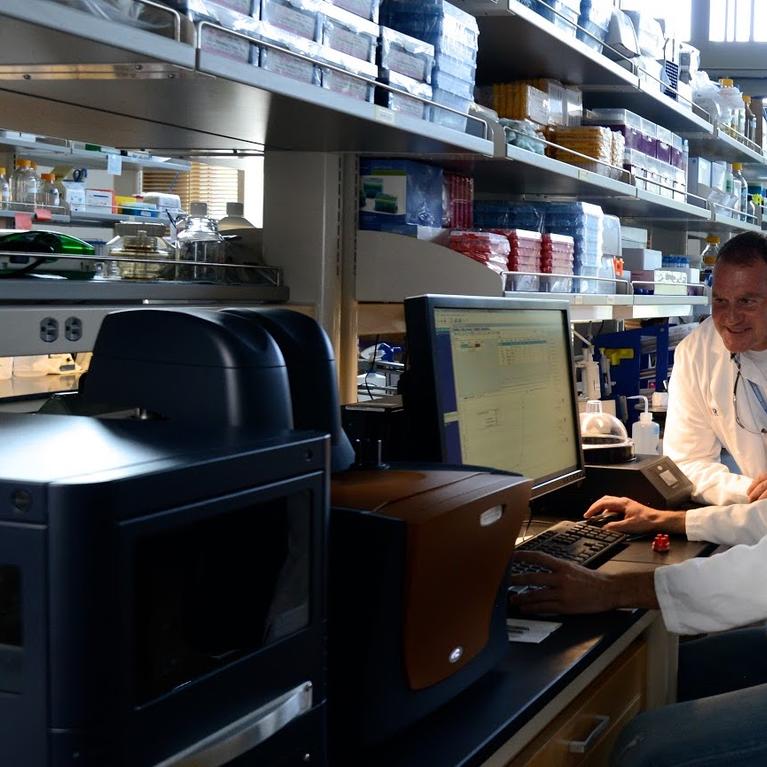
UCR startup secures grant to advance cancer therapy
NIH award of $2.25M funds preclinical studies that will advance Targefrin toward clinical trials for pancreatic cancer

Inhaled agricultural dust disrupts gut health
UC Riverside study highlights need for protective measures for agricultural workers
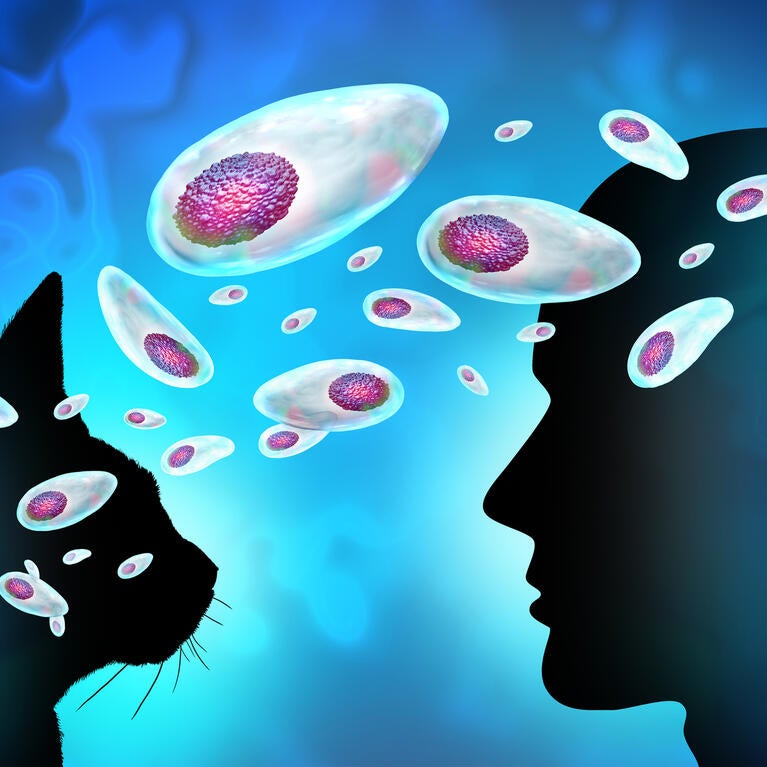
How a common brain parasite disrupts neural communication
UC Riverside study on how Toxoplasma gondii manipulates brain cells lays groundwork for future clinical research and therapies

Link found between mitochondria and MS brain damage
UC Riverside study could lead to new treatments addressing multiple sclerosis
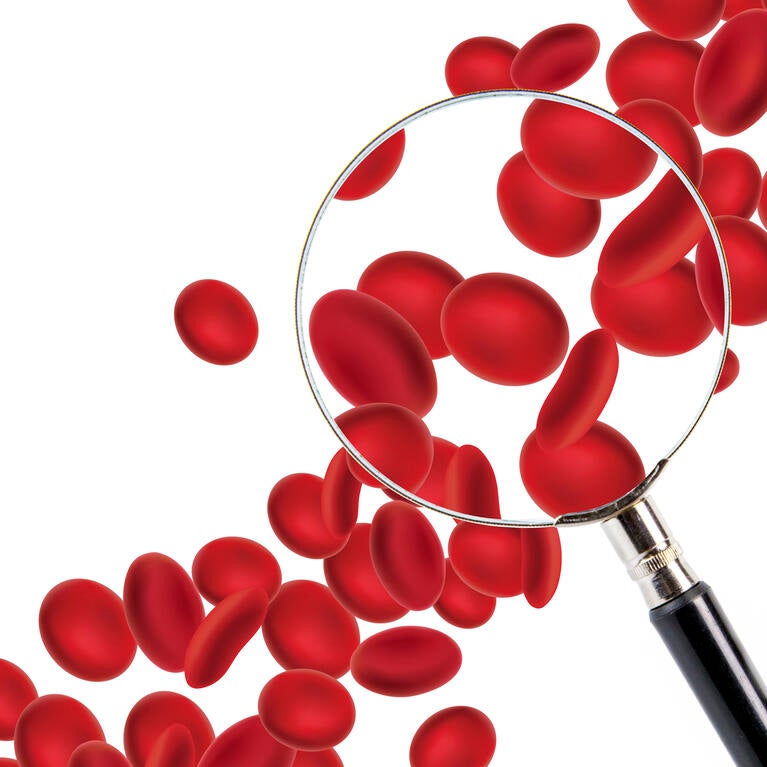
Genetic link found between iron deficiency & Crohn’s disease
Researchers identify gene mutation that disrupts iron absorption, helping explain patients’ persistent anemia

